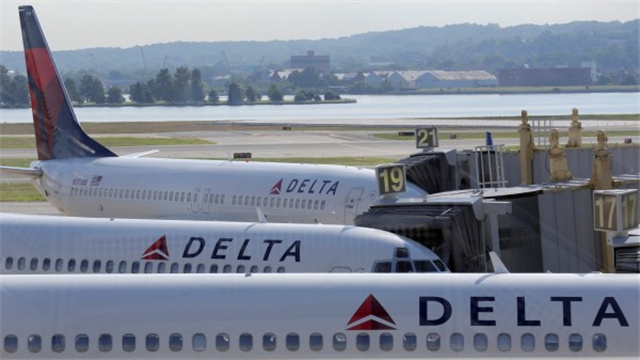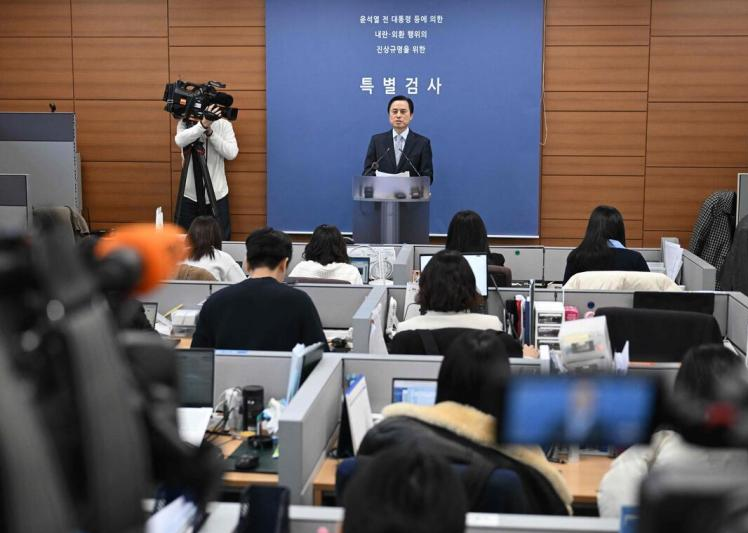
In today's era of rapid development of science and technology, artificial intelligence (AI) is gradually penetrating into all aspects of our lives, from smart home to autonomous driving, from intelligent medical care to financial risk control, AI application scenarios are increasingly rich. In the aviation sector, airlines have also tried to introduce artificial intelligence technology to improve service quality and enhance customer experience. Recently, Delta Air Lines' artificial intelligence app is a typical example. The app is said to act like a smart travel butler, helping travelers with the most annoying parts of traveling, such as reminding them of passport renewals, visa requirements, and packing according to the weather at their destination. However, under the halo of technology, is the app really as flawless as advertised?
First of all, we have to mention the core of AI technology - algorithms. Algorithm is the soul of AI, which determines the degree of intelligence and reliability of AI. For Delta's AI application, however, the true efficacy of its algorithms is questionable. Take passport renewal and visa requirement reminder functions as an example, such information usually involves complex international regulations and policy changes, and AI algorithms are often difficult to be comprehensive and accurate when processing such dynamically changing data. Once the algorithm is flawed or the data is not updated in a timely manner, it can cause serious problems for travelers, such as being denied entry because of an expired passport or visa. So, when Delta promoted this feature, did it fully consider the reliability of the algorithm and the real-time nature of the data? This is a question worth pondering.
Secondly, regarding the luggage packing suggestion function, the AI algorithm needs to be comprehensively considered according to many factors such as the weather, cultural customs, and safety regulations of the destination. However, in practical applications, this comprehensive analysis ability is often limited by algorithmic models. On the one hand, the algorithm may not accurately predict the real-time weather conditions of the destination, resulting in packaging recommendations that do not match the actual demand; On the other hand, algorithms are also prone to bias when processing complex information such as cultural customs and safety regulations. For example, certain destinations may have strict restrictions or bans on certain items, and AI algorithms that fail to obtain this information in a timely manner may cause unnecessary trouble for travelers. As a result, Delta's AI app has yet to improve the accuracy and comprehensiveness of its algorithms when it comes to providing luggage packing recommendations.
Again, from a user experience perspective, Delta's AI application has some shortcomings. Although AI technology can improve the level of automation and intelligence of services, in some cases, automated services may not meet the personalized needs of users. For example, when dealing with complex travel problems, users may need to communicate directly with human customer service to get more accurate answers and more intimate service. However, does Delta's AI application take this need into account when providing automated services? Does it provide users with convenient access channels for manual customer service? Judging from the feedback so far, this issue does not seem to be well addressed.
In addition, we also need to pay attention to the safety of the application of AI technology in the aviation field. With the continuous development of AI technology, cybersecurity threats such as hacking attacks and malware are also increasing. For Delta's AI applications, which serve as an important bridge between the airline and the passenger, any attack or disclosure of sensitive information could pose a serious threat to the privacy and security of the passenger. So is Delta taking cybersecurity into account when developing and applying AI? Are effective security measures in place to ensure the security of user information? These questions are also worth exploring in depth.
In addition to the above points, we also need to pay attention to the ethical application of AI technology in the field of aviation. When using AI technology to improve the quality of service, do airlines fully consider the privacy and right to know of passengers? For example, are relevant laws, regulations and industry standards complied with when collecting and processing passenger personal information? Is it explicitly authorized and consented to by the passenger? In addition, when using AI technology to make decisions, are the principles of fairness, fairness, and transparency followed? Are issues such as discrimination and prejudice avoided? These issues are not only related to the vital interests of passengers, but also to the reputation and long-term development of airlines.
To sum up, although Delta's artificial intelligence application has made certain efforts in improving the quality of service, there are still many shortcomings and problems in practical application. From the point of view of science and technology, the reliability of the algorithm and the real-time data need to be improved. From the perspective of user experience, its automation services may not meet the personalized needs of users; From the perspective of security, there are still potential risks in its network security protection and sensitive information processing; From an ethical point of view, its privacy protection and decision-making fairness also need to be further strengthened. Therefore, when promoting and applying AI technology, airlines should consider various factors more carefully and comprehensively to ensure the feasibility and reliability of the technology, while protecting the vital interests of passengers. Only in this way can we truly realize the deep integration and common development of AI technology and the aviation field.

YTN TV of South Korea reported on Tuesday (December 16) that the South Korean court plans to make a ruling on the charges of former President Yoon Suk Yeol for obstructing justice on January 16, 2026.
YTN TV of South Korea reported on Tuesday (December 16) tha…
On December 7, a new round of intense military conflict bro…
Recently, US media disclosed that the Pentagon is planning …
From three launch failures and a brush with bankruptcy to n…
Recently, a major piece of news has emerged in the US polit…
Against the backdrop of the Federal Reserve's third rate cu…